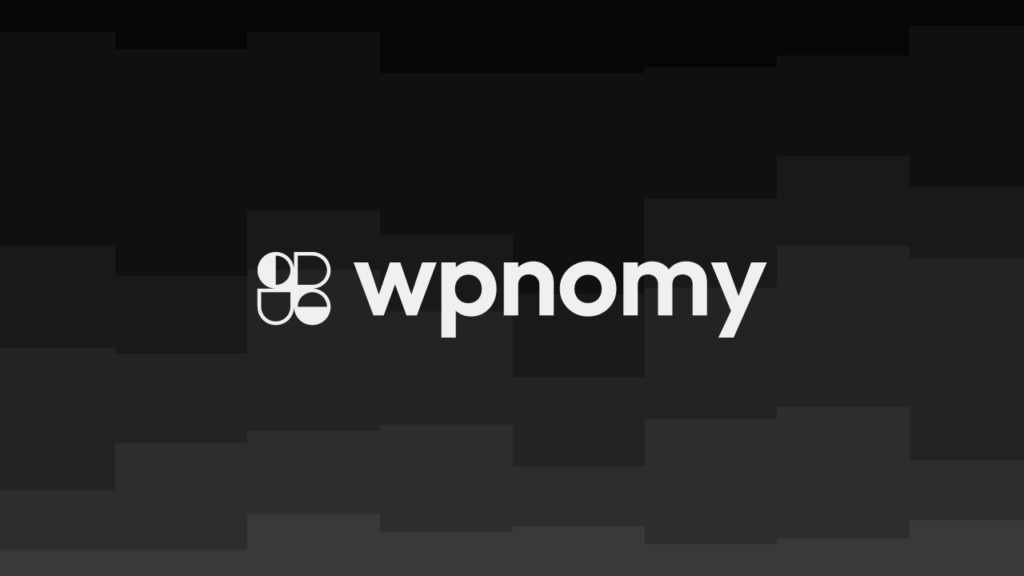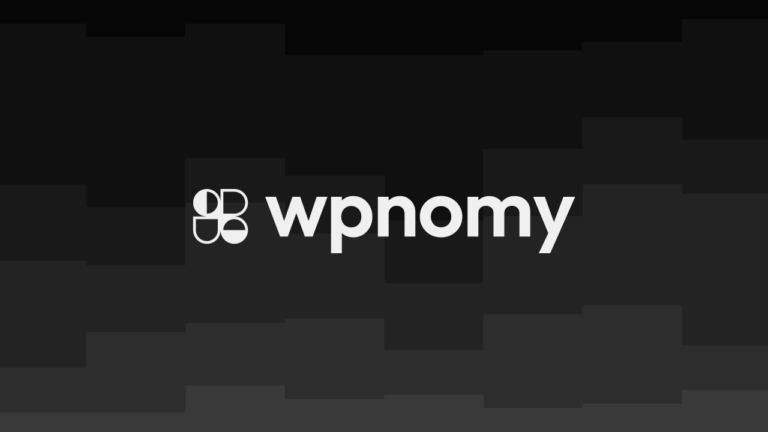Meaning
Hooks are WordPress’s event system, enabling developers to “hook into” WordPress execution flow to add, modify, or remove functionality at predetermined points.
Definition
WordPress uses two hook types: Actions (execute custom functions at specific points – sending emails when posts publish, adding content to post footer) and Filters (modify data before WordPress processes it – changing post titles, adjusting excerpt length).
Actions use do_action() in WordPress core, allowing developers to attach custom functions with add_action(). Filters use apply_filters() in core, with custom functions attached via add_filter(). Each hook has a specific name (wp_head, the_content, save_post) and a priority system for execution order.
Hooks enable modular development – plugins can add functionality without modifying theme files, themes can customize WordPress behavior without editing core, and developers can build on each other’s work through well-designed hook systems.
Example
A developer wants to add custom schema markup to all blog posts. Instead of editing template files, they use the wp_head action hook: add_action(‘wp_head’, ‘add_schema_markup’). Their custom function checks if the page is a single post and outputs appropriate schema JSON-LD. This approach survives theme changes and follows WordPress best practices for extensibility.

